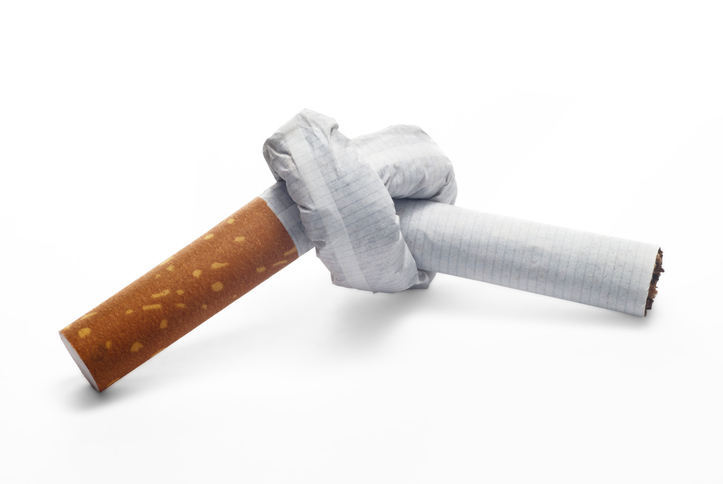The U.S. Food and Drug Administration has announced it will ban both menthol cigarettes and flavored cigars within the coming year. As smoking is the leading cause of premature, preventable death in America, this is “a positive step,” says Vinayak Jha, M.D., a pulmonary and critical care physician affiliated with Sutter’s California Pacific Medical Center.
We caught up with Dr. Jha, who treats patients with smoking-related health problems, to break down the news.
Q: Why is a move to ban menthol cigarettes and flavored cigars important?
Anything that makes cigarettes less appealing is an important public health intervention. For example, Australia years ago did focus groups and came up with evidence-based “plain-paper” packaging that was the least appealing cigarette packaging that they could design. Similarly, banning menthol is a way to make kids less likely to start smoking cigarettes in the first place.
Q: What is menthol anyway?
Menthol is an additive from peppermint plants that “cools” the sensation of the harsh cigarette smoking—making it more palatable to kids and new smokers. Menthol products have also been heavily marketed to African American communities, so the Black community has been disproportionately affected by this.
Q: What are impacts of smoking tobacco to a person’s health, short- and long-term?
Smoking cigarettes, or cigars, is one of the worse things you can do for your body. People know about the emphysema that it can cause, but some people may not know that smoking causes heart attacks, strokes, stomach cancer, and even amputations due to poor blood supply to the feet.
Q: As a physician who treats people with respiratory problems and pulmonary disease, what does this ban mean to you?
Everything that moves the needle toward less people smoking means more parents, kids, brothers and sisters living longer and healthier. It’s a good thing. Tobacco corporations have fought public health every step of the way.
Q: What does the data say?
The most impressive statistics, to me, from cdc.gov about menthol and cigarettes are:
- In 2018, sales of menthol cigarettes made up 36% of all cigarettes in the U.S.
- More than half of kids (ages 12-17) who smoke use menthol cigarettes.
Q: Smoking is a real drag. Why’s it so hard to quit?
I see everyone in our practice referred for smoking cessation. It is the toughest thing many of them have ever tried to do. We have successes, but some people relapse into smoking. We often try to help people quit by using Chantix, or using the nicotine patch or gum, but it’s hard to counteract the addictiveness of cigarettes. Research shows that, even after a heart attack or emphysema diagnosis, people sometimes keep smoking. It’s because they’re so addicted; they’ve been smoking since they were 14 or 15 years old.
Q: What’s the takeaway?
I recommend parents talk to their kids about smoking early. Both my daughters knew “cigarettes are bad” before they were out of diapers. Ninety percent of adult daily smokers became regular smokers before they finished their teenage years.
For Tips From Former Smokers®, visit the Centers for Disease Control webpage here.
Dr. Vinayak Jha is a pulmonary and critical care physician affiliated with Sutter Health and California Pacific Medical Center (CPMC) in San Francisco.





